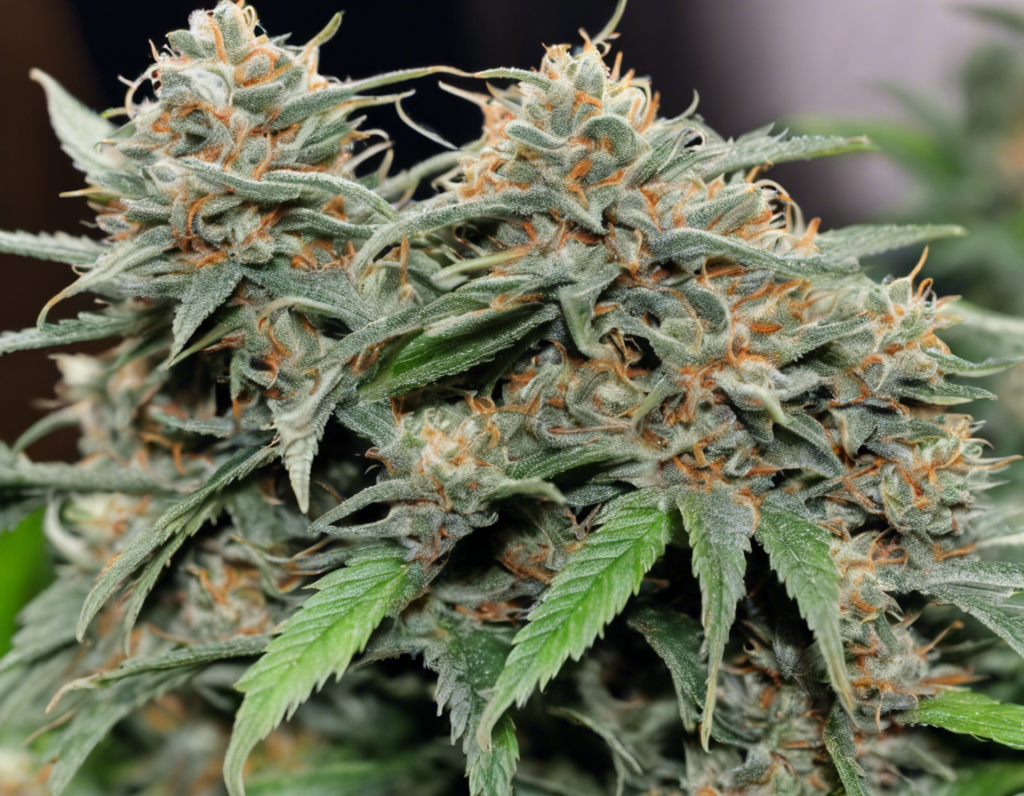
You might be wondering how many blood pressure (BP) kits you should have in your household for monitoring your health regularly. Keeping track of your blood pressure is crucial, especially if you have a history of high blood pressure or related health issues. In this comprehensive guide, we will delve into the importance of having a BP kit, how to choose the right one, the frequency of monitoring your blood pressure, and some frequently asked questions related to BP kits.
Why Should You Have a BP Kit?
Monitoring your blood pressure at home has become increasingly popular and essential for various reasons:
1. Convenience:
Having a BP kit at home allows you to measure your blood pressure at your convenience, without the need to visit a healthcare facility regularly.
2. Early Detection of Issues:
Regular monitoring can help in early detection of any fluctuations in your blood pressure, enabling timely intervention to prevent complications.
3. Management of Chronic Conditions:
For individuals with hypertension or other chronic conditions, a BP kit at home is an invaluable tool for closely monitoring their health.
4. Peace of Mind:
Regular monitoring can provide peace of mind and reduce anxiety related to blood pressure fluctuations.
Choosing the Right BP Kit:
When selecting a BP kit, consider the following factors:
1. Accuracy:
Opt for a BP kit that provides accurate readings. Digital monitors are generally more accurate than manual ones.
2. Cuff Size:
Ensure the cuff fits your arm correctly for accurate readings. Using an incorrectly sized cuff can lead to inaccurate results.
3. Ease of Use:
Choose a BP kit that is user-friendly and easy to operate, especially if you plan to monitor your blood pressure at home regularly.
4. Features:
Consider additional features such as memory storage, multiple user profiles, and connectivity options for tracking and sharing data.
5. Validation:
Look for BP kits that are validated by medical authorities to ensure reliability and accuracy.
How Many BP Kits Do You Need?
The number of BP kits you need depends on various factors, such as:
1. Household Size:
If multiple family members need to monitor their blood pressure, consider having more than one BP kit at home.
2. Medical Conditions:
Individuals with underlying medical conditions requiring regular monitoring may benefit from having a dedicated BP kit.
3. Location:
Having multiple BP kits strategically placed in different locations within your home can make it more convenient for regular monitoring.
4. Travel:
Consider having a portable BP kit for travel or on-the-go monitoring, in addition to a standard home monitor.
5. Emergency Preparedness:
Having an extra BP kit as a backup can be useful in case of a malfunction or when a family member forgets their regular monitoring kit.
How Often Should You Monitor Your Blood Pressure?
The frequency of monitoring your blood pressure depends on your health status and any medical conditions you may have, but here are some general guidelines:
1. Regular Monitoring:
If you have hypertension or related conditions, monitor your blood pressure at least once a day or as recommended by your healthcare provider.
2. New Diagnosis:
After a new diagnosis of high blood pressure, your doctor may advise frequent monitoring to establish a baseline and determine the effectiveness of treatment.
3. Medication Adjustments:
When starting or adjusting medications for blood pressure management, frequent monitoring is essential to gauge the response and make necessary adjustments.
4. Health Checks:
During regular health check-ups, ensure your blood pressure is monitored to track any changes over time.
5. Symptoms:
If you experience symptoms like dizziness, chest pain, or shortness of breath, check your blood pressure immediately and seek medical help if needed.
FAQs about BP Kits:
1. Can I use the same BP kit for multiple family members?
Yes, but ensure each person has their cuff to avoid inaccurate readings.
2. Are digital BP monitors more accurate than manual ones?
Digital monitors are generally more accurate and easier to use than manual ones.
3. How do I ensure my BP kit is calibrated correctly?
Regularly check your BP kit against manual readings at your healthcare provider’s office for calibration.
4. Can I share my home BP readings with my doctor?
Most modern BP kits have data storage and connectivity options to share readings with your healthcare provider.
5. Can stress affect blood pressure readings at home?
Yes, stress can temporarily raise your blood pressure readings. Try to relax before monitoring your blood pressure.
6. What is the ideal time of day to measure blood pressure?
It’s recommended to measure your blood pressure in the morning before breakfast and medication.
7. Can I check my blood pressure after exercise?
It’s advisable to wait at least 30 minutes after intense exercise before checking your blood pressure.
8. How long should I wait between consecutive blood pressure readings?
Wait at least 1-2 minutes between readings to ensure accuracy.
9. Can weight gain impact blood pressure readings?
Yes, weight gain can contribute to higher blood pressure readings. Monitoring your weight and blood pressure regularly is crucial.
10. Should I inform my healthcare provider about my home BP monitoring?
Yes, it’s important to share your home monitoring results with your healthcare provider to aid in better management of your health.
By having a BP kit at home, you empower yourself to take control of your health and monitor your blood pressure regularly. Choose a reliable and accurate BP kit that suits your needs and lifestyle, and consult your healthcare provider for guidance on monitoring frequency and interpreting your readings. Regular monitoring, coupled with a healthy lifestyle, can help you manage your blood pressure effectively and lead to better overall health and well-being.
Latest Articles
- Comprehensive Guide to Fence Installation: Choosing the Right Materials and Services
- Exploring Common Home Pollutants and Their Impact
- Tips For Indian Stock Market: A Comprehensive Guide for Investors
- RRB Technician Vacancy 2024: Everything You Need to Know!
- Countdown to Election 2024: Assam’s Political Landscape

Exploring the Benefits of Curaleaf Wells: Your Ultimate Guide

Unpacking the Powerful Wham Strain: Benefits and Effects

Unveiling the Unique Characteristics of Lemon Jack Strain

